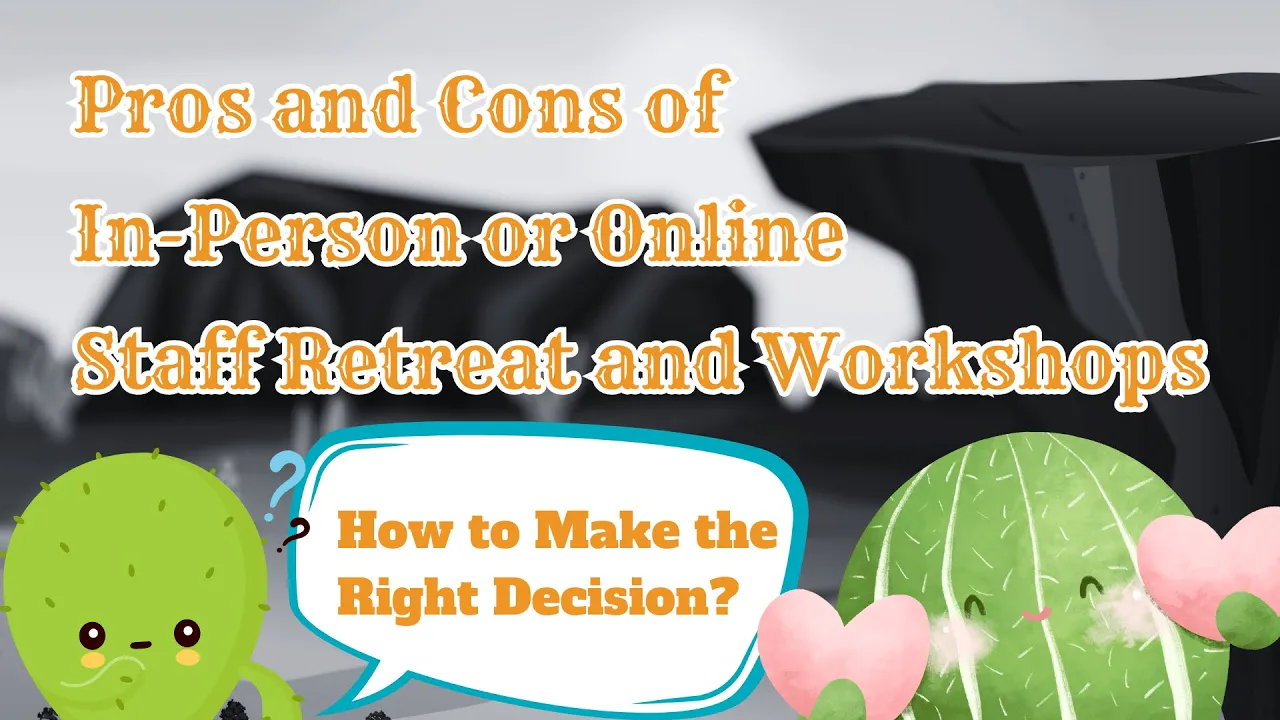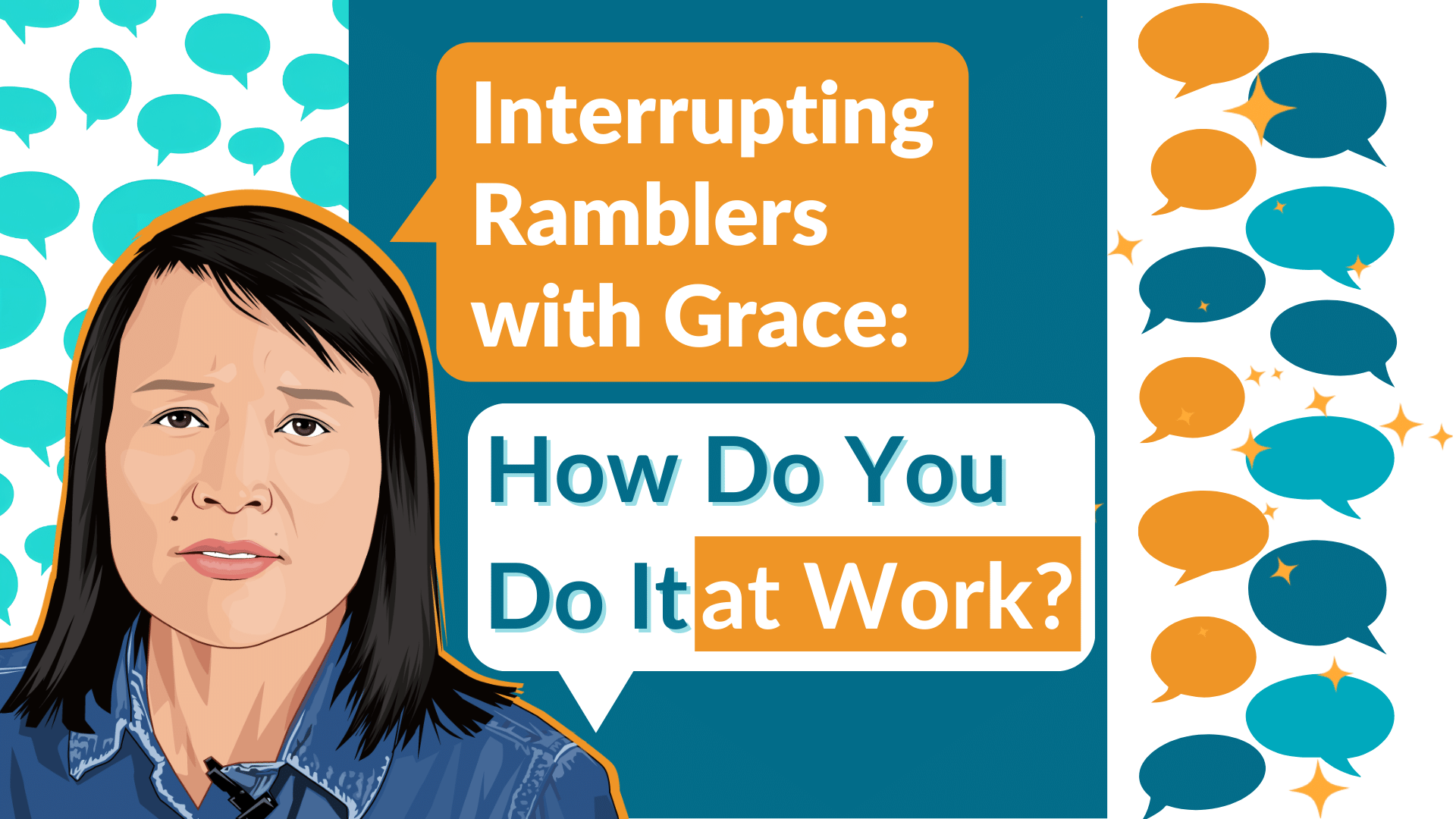I’m a big believer in volunteering as a way to build your skills and eventually get your dream job. I got my real-life MBA when I was running my family’s newspaper. Aside from that job, I did a lot of volunteering on various boards that taught me how to sell, market, and publicize. I remember when I interviewed for my first corporate job, which was in marketing, I was able to point to leading the Seattle chapter of the National Association of Asian American Professionals to place first in the nation in marketing.
There are many small nonprofit boards who need board members or committees that need volunteers. While this is skills-based volunteering, you don’t necessarily need the skills to do the work in the beginning. You just need to make the time and commitment to learn the skills.
It’s like getting an unpaid internship when you’re already a professional or you’ve already graduated. But not all volunteer opportunities are created equally. And just because a nonprofit needs you, they might not be a good fit for what you need.
Here are 6 questions to ask to help you determine if this is a good opportunity or not:
1. Is this organization okay with me “learning on the job”?
Some organizations think it’s too risky to have a volunteer do skills based work and others see it as a way to build capacity by having a pipeline of inexperienced volunteers they can train. Large and/or well staffed nonprofits might not take on volunteers. There are many small nonprofits that don’t have staff who will gladly take on skilled volunteers. I find that an ideal nonprofit to volunteer at is either a small one that has no staff, an organization that has been around for a while, or a bigger one that has some staff and a committed board.
2. Are the people who I’m going to volunteer with willing to teach me and mentor me in exchange for my time?
Are the people who head the committee and board actually willing to mentor you? If they are too busy or they themselves are actually not skilled to teach you, then it’s not a good fit. I know someone who is going to become the treasurer of her HOA board of her condo building, even though she has no experience in finance. The outgoing treasurer is going to teach her how to read financial reports. This is a skill that usually people have to take classes to learn. When I was on the Celebrate Asia Seattle Symphony committee, I learned a lot about how to sell from founder, Yoshi Minegishi, who had been an executive at IBM. When I was later on marketing chair of NAAAP, where there was no one to teach me and no staff, I reached out to past board members who could guide me. The benefit to marketing was that there was an already established audience. I didn’t have to test those skills on my own. Even if you don’t have a mentor, if you have a platform, that’s still okay.
3. Are the other volunteers also committed?
For you to be able to learn, you have to be able to work with other people who are committed. Ask to sit in on a board meeting or a committee meeting to see how engaged the other volunteers are. Once I was invited to join a prestigious board of directors, and I went to a meeting and I saw how unprepared the board members were. I realize they were committed and that it wasn’t going to be a productive board if we were going to have to reset expectations at every board meeting, regardless of how prestigious the board was. So it’s really important that you find out if the other volunteers are committed. Otherwise, it’s not gonna be worth your time. Just ask to sit in on a board meeting or committee meeting and you’ll see.
4. Does the organization’s volunteer needs align with my interests?
Skills-based volunteering can be a lot more time-consuming and frustrating, especially if you’re learning something new, than volunteering for just a few hours for a food drive or planting a garden. For example, you may want to learn how to sell and they need help on their fundraising committee. You can learn from the head of the fundraising committee on how to sell. If they just need someone to plan their event, and you have no interest in planning an event, then there is a mismatch. Or if you are an IT expert and the organization may need help with IT, and you want to do something different during your volunteer time, then there’s a mismatch. If you’re going to use volunteering to help you get your dream job by building skills, you have to be a bit selfish about what your learning goals are. They may need something that you don’t want to do. And it’s OK for you to say that. I know people who do bookkeeping for their day job and they don’t want to do it and they volunteer because they want to learn something new. And then there are other people who want to volunteer what they are already good at.
5. Is the organization responsive in its communications?
Some organizations say they need help, but they are so swamped, they can’t even respond to volunteers. If you find that you are chasing them, then that’s a bad sign that they don’t have the capacity to actually work with volunteers. If they’re super responsive, that means they are organized and you don’t have to spend a lot of time chasing them down so that you can give your time. Many nonprofits are so small that they don’t even have someone to coordinate their volunteers. So if you email and you’re not getting a response within two weeks, that’s a bad sign. Yes, people are busy. But you can still be busy and say, “I’ll get back to you.” You don’t want to be chasing down opportunities to do free work.
6. Is there a clearly defined period of time that I will volunteer for?
Think of this volunteer gig like school. Find out how long you will be studying for. Is it going to be two years? Three years? Or do you work on a special project that will last just weeks or months? Maybe you’ll end up taking on multiple special projects and at the end of each project, you will decide to renew so you can learn more skills. Just have a clear idea of how long the term lasts so that you understand what you’re getting yourself into when you volunteer and you know that you are able to follow through with this commitment. We all want to give our time and what I see a lot of people saying they want to volunteer and then they flake. If you do decide to do skilled volunteering, know that people are counting on you and need you to get that work done and you should only commit to what you think you can follow through on. So get clear on how long the projects going to last or how long the commitment will be and ask yourself if you can actually give that time.
Bonus
Notice a question I haven’t posed is, “Am I going to support a cause that I care about personally?” It’s a bonus if you can find an organization that has a cause that you care about personally. However, if you are volunteering so that you can also learn new skills, I think it’s much more important for you to get yes for other questions.
Volunteering is a really great way to build skills if you’re unemployed. Also, sometimes people are wary of hiring those who haven’t been working for a while. Volunteering shows that you’ve been doing something with your time, not just idling. Aside from all the skill building, you’re also building relationships and networks. I have hired people who volunteered with me. And I’ve been hired by those I volunteered with. It’s because they were able to actually see my work product. I gave them a lot more confidence in hiring me.
Check out my other posts on 6 Tips on How to Get a Job You Love and 6 Tips on How to Make the Most of Informational Interviews When You’re Looking For A Job








Leave a Reply